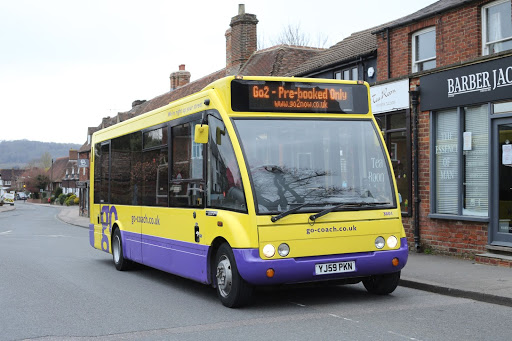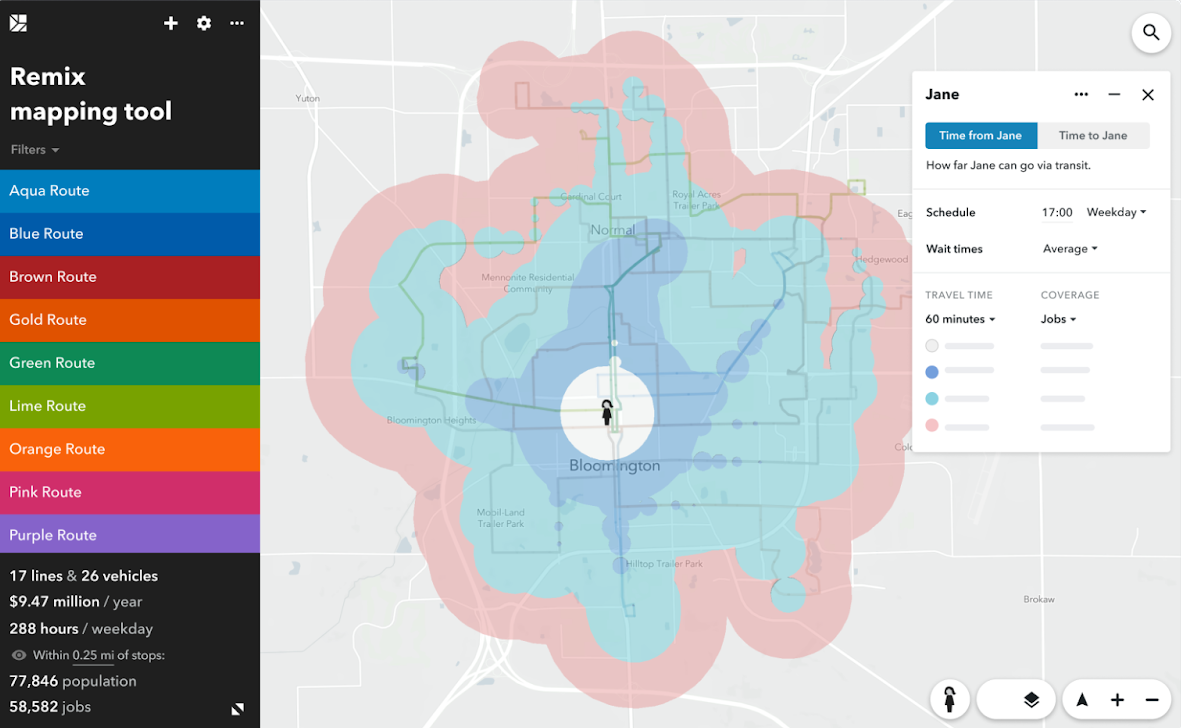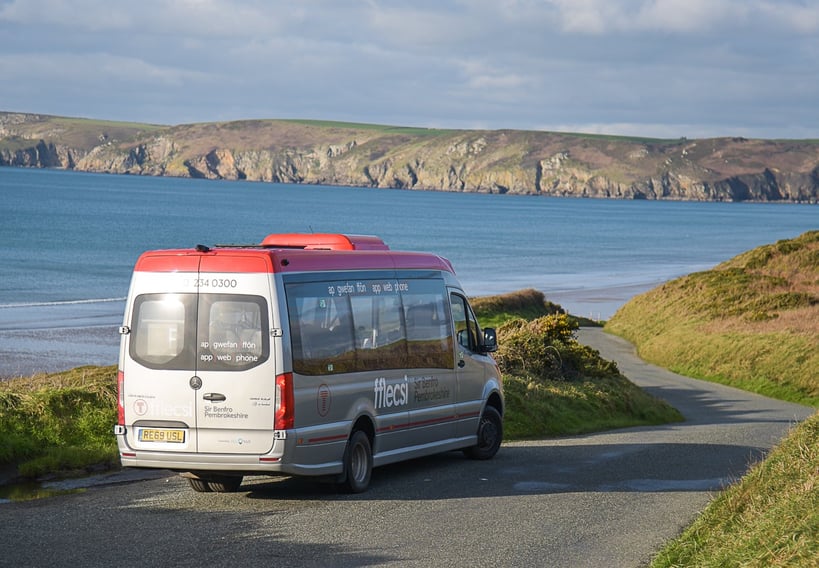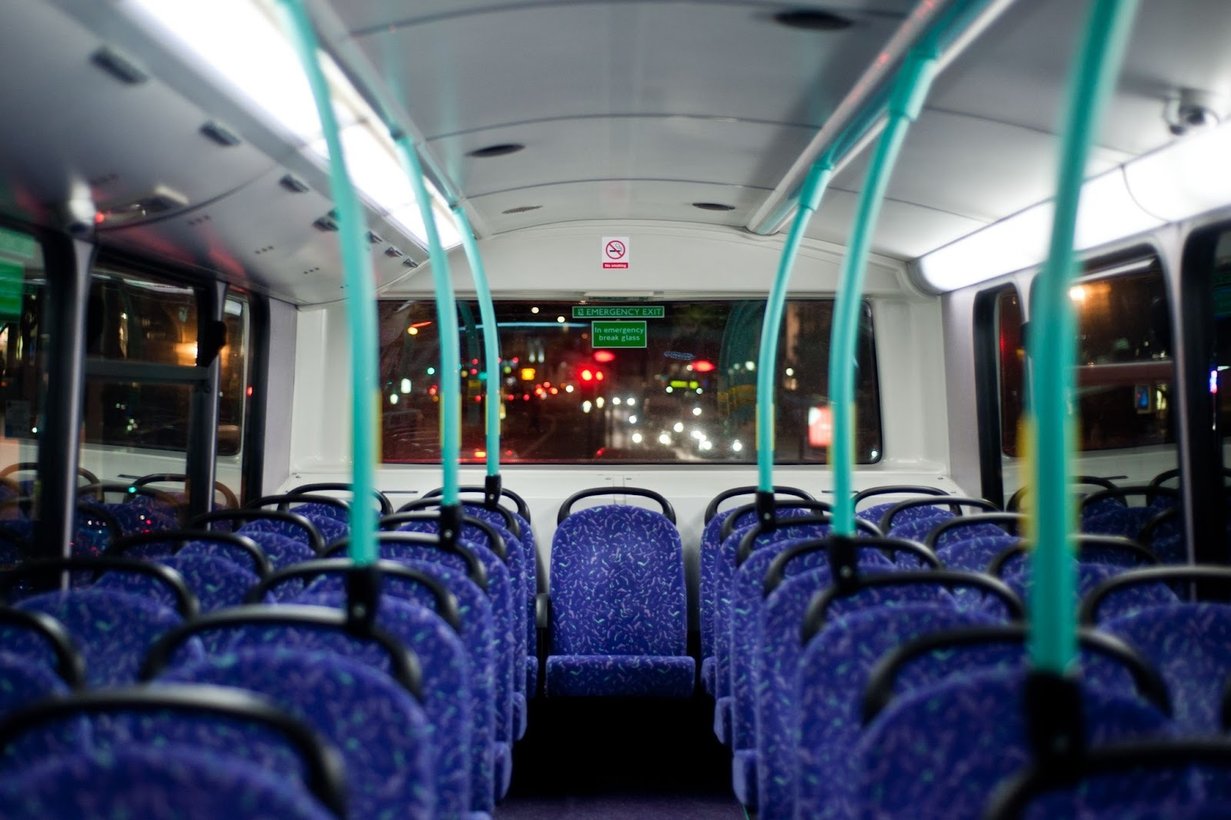As we head into November and autumn is firmly with us, the UK-wide sprint for local authorities to complete Bus Service Improvement Plans (BSIPs) is over. Though the respite may be short-lived, transport teams around the country are breathing a sigh of relief: BSIPs have been ratified, glossified and submitted, shading in the Prime Minister’s ambitious National Bus Strategy with local detail and specific proposals. The question is: what happens next?
The outcomes associated with strong public transport, as envisioned in the BSIPs, are fundamental to so many challenges we face in the UK. Most significant are the potential impacts on equality and sustainability, which authorities nationwide are eager to realise. How can we claim to have a “levelled-up” society when there is such deep inequality between those who can and cannot access transport? How can we say we are serious about being a world leader in climate change when private mobility continues to grow at the expense of public mobility?
The BSIPs have the potential to address both issues: to deliver mobility for the 40% of low-income families who do not own a car — and make 20% fewer trips as a result — and, at the same time, to support the modal shift the government has identified as the top priority for reducing emissions.
Nevertheless, with stage 1 complete, we are left with a major question: do local authorities have the tools and the bandwidth to take on this expanded role they have been given? The answer undoubtedly lies in the strength, or otherwise, of the ‘Enhanced Partnerships’ that most authorities are now looking to create. Whom authorities choose for their partners, and the spirit of collaboration that ensues, will be critical for delivering better outcomes for passengers and their communities.
These partners should stretch well beyond the usual suspects of retained consultants and existing operators. Since the Bus Strategy was first announced, the Via team has been thrilled to support UK local authority partners in a broad range of ways that we believe will become increasingly important as Enhanced Partnerships are formed and BSIPs executed.

Service design and technology strategy.
The National Bus Strategy asks authorities to consider new modes for delivering services, including increasingly digitised systems like tech-enabled demand-responsive transport (DRT). These digital solutions can maximise the usability and connectability of fixed-route networks while introducing new, more flexible services to meet demand. For example the Via-powered DRT service Go2, in Sevenoaks, guides passengers to fixed-route buses when available, allowing both systems to coexist and DRT to dynamically fill gaps in the network. This kind of careful, context-sensitive service design is a hallmark of our firm, and one that our Via Strategies team — our in-house transport planning consultancy — has brought to a number of our partners, including Kent County Council, Milton Keynes Council, and Transport for West Midlands.

Collaborative planning software.
Via’s acquisition of Remix (www.remix.com) earlier in 2021 has added real firepower to the suite of products we can offer our partners as they work through implementing their BSIPs. The intuitive and collaborative Remix platform offers the following capabilities critical to levelling up transport in the UK:
- Transport planners can visualise multiple layers of data to facilitate the planning processes envisioned as a part of the Bus Strategy. Remix can highlight areas with a higher proportion of lower-income and/or car-free residents and plot job density, helping authorities see where risks and opportunities lie in their current networks and strategise future improvements. Moreover, these professional images give added weight to proposals, community outreach messaging, and other communications. Some authorities, like Telford & Wrekin and Worcestershire, have already used Remix while compiling their BSIPs, and these tools will continue to be used in the implementation stage.
- Authorities exploring changes to their networks can analyse existing routes and test new services directly within the Remix platform. Planners can select a bus route and view its boardings per hour at each stop, and then test out alternative stop configurations or entire newly-drawn routes. With the recent addition of On-demand Planning into Remix, authorities can introduce DRT services alongside their fixed-route network, and estimate the costs and benefits of replacing or supplementing some fixed lines with DRT.
- All Remix products are designed to enhance collaboration, whether between the members of an Enhanced Partnership or with the community at large. Any stakeholder can log into Remix and leave comments, suggestions, and proposals, accelerating consensus-building and decision-making. Local authorities are already using Remix for projects with significant consultation processes, including Oxfordshire County Council with a street redesign scheme.

Execution and optimisation of transport services.
Tech-powered DRT not only provides flexible transport for passengers, but is easily adapted to changing conditions without investment in new infrastructure. Via’s 17 transport services throughout the UK are all optimised differently, with trips offered on an on-demand, pre-booked, or hybrid basis, and with varying degrees of integration with local fixed route options. Via services offer financially and environmentally sustainable transport in rural regions like Tees Flex in the North East, and more urban and semi-urban areas like MK Connect in Milton Keynes. In Wales, our fflecsi service has 11 distinct zones nationwide, each with its own local flavour and developed in collaboration with local authorities and operators.
The National Bus Strategy is an opportunity that must be grasped with bold actions and bold solutions. Nothing less is capable of reversing years of decline in our public transport networks.
2022 will be its first test. Can reams of BSIP documents be translated into tangible improvements? Can Enhanced Partnerships herald the sort of collaboration required to break out of the status quo and effect real change? We are excited to watch the process unfold and ready to help our partners tackle the challenges coming their way.
Learn more about Via and our commitment to innovative transport in the UK.

.png?width=71&height=47&name=Sioux%20Falls%20Webinar%20(6).png)


